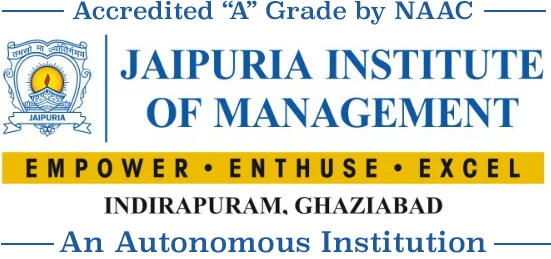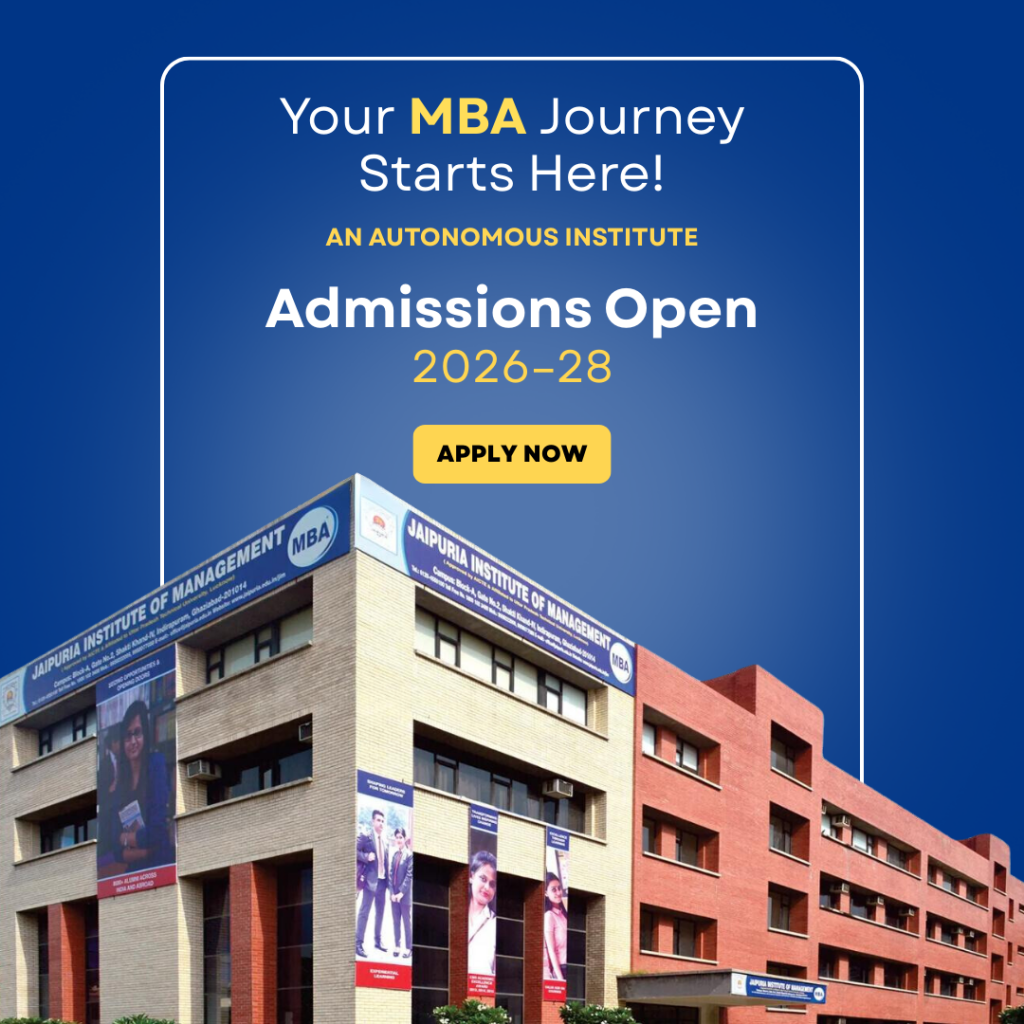In ancient India objective of education was to meet the social, religious, political and economic needs of that time. Child adopted occupation and profession of his father and his training was provided at home by elders. Over period of time two systems of education were developed. One was Vedic system and other was Buddhist system. In Vedic system Vedas, Vedangas, Upanishads and similar subjects were taught through Sanskrit language. The royal family children were also trained in archery and Political Science. In Buddhist system all major Buddhism school of thoughts was taught. Medium of instruction was Pali.
Indian philosophy always recognized self realization as goal of life and hence goal of education in both Vedic and Buddhist system has been attainment of fullness of being. It was recognized that different individuals have different interest and capabilities. Accordingly, education system in ancient India took care of this aspect.
Unique features of ancient education system
- The ancient education system had following unique features:
- No interference of state and society in education system – curriculum of studies or hours of instructions
- Fully and compulsorily residential system
- Personal relationship between teacher and taught
- Education was free and teacher managed daily needs of students including food and clothing.
Methods of teaching learning in ancient India
It is evident from Indian epics that teacher used to update continuously and he used to become friend and lifelong mentor of his students. Teaching used to be interactive. The students learnt lessons of their life from nature. Panchtantra elaborates many teachings from nature. The students used to learn human values and shortcomings from ecosystems.
According to Vedic system of education a teacher should have some traits which make him the student’s friend and philosopher. Students were motivated to think and form independent opinion. Different opinion of students opened new areas of thought for the teacher and teacher accepted in good spirit. Teaching is learning. Effective teaching nurtures intellect of students and teacher. In Vedic time Rishi was usually the teacher. The seers and Rishis attained knowledge through inner vision. Gurukul life meant living with Guru who was usually an enlightened sage.
The Vedic education system emphasized on improvement of personality of pupil and along with it developed a rational and scientific attitude. The Vedas teaches us to be firm while in adversity and face the storms of life with strength. Bravery and courage are essential for success.
Attributes of students and methods of learning in ancient India The following Shloka describes the five attributes of students specially of Vedic period: “Kak chesta, bako dhyanam, shwan nidra tathaiva cha. Alphari, grih tyagi, vidyarthi panch lakshanam.”Means, the 5 values of student’s life are: Perseverance of a crow, concentration of a swan, light sleeper like a dog, light eater and ready to stay away from home. One who follows this will be a Perfect student and human being.
The practice and focus of studies were main attributes of students in ancient India. The methods of learning were mainly: memorization, critical analysis, introspection, practice method, storytelling, question and answer method, debates and discussions (Shastrarth).
Need of Management education system based on ancient Indian wisdom and changing environmentIndian wisdom is the accumulation of deep understanding about our experiences of being human i.e. knowledge about mind, its capacities and delusions, pains and strengths of the body and joys and sufferings of the heart. Wisdom is cultivated through experience and cogitation.
Modern education system must adopt ancient wisdom and latest technologies of education specially in the area of management. The following methodologies are worth adopting for enhancing modern management education in India:
- E- learning: E-learning system is a learning technology that uses web browsers as a tool for interaction with learners and other systems. Facilitation of e-learning requires internet and broadband connectivity with proper planning, organizing, monitoring and controlling.
- Social Media Communication – Next generation, collaborators, use internet social media. They seek thoughts and opinion of others. Social communication tools will lead to break hierarchical barriers and department silos within an organization. The subjects like Marketing can be studied in depth by use of social media communication .
- Collective knowledge sharing – Social communication tools will encourage employees as well as students to share knowledge and information quickly and without any hesitation and also they will have feeling of empowerment.
- Virtual face –to-face interaction – Face to face interaction reduces stress and improves productivity amongst employees. It also consequently helps in improved employee learning and development. This can be achieved by organizing presentations by students in class rooms.
- Use of cloud Storage for managerial research – Cloud storage is widely used among major companies and institutions. This enables centralized data management. Important documents stored in cloud can be referred by students. This can be utilized for research projects by students and faculty of management education.
- Case study method – Case Studies help in developing wisdom in management students. They are trained in a better way on live organizational situations with the help of case studies.
- Experiential learning – John Dewey, emphasized on experiential learning i.e. learning through past experience. This type of learning is very effective for management education. Industry visits and industry interfaces, roll plays by students for managerial decision making, interaction with industry experts, etc. are part of experiential learning by students.
It is concluded that the best teaching learning methodology in modern India should be based on ancient Indian wisdom and application of new technology to meet the changing needs of society, industry and humanity at large.
About the Author

PROFESSOR
He is B. Tech. ( Elect. Engg. ) , PGDBM and Ph.D. in the area of Marketing Management .




